Beyond the table: Choice & equity in Colorado’s food systems
March 7, 2024
As a registered dietitian, I’ve been reflecting on instances where our food justice work meets nutrition and the topic of food choices during National Nutrition Month®.
With these interactions, often come suggestions of restricting benefits for the Supplemental Nutrition Assistance Program (SNAP) to only “healthy foods” or the idea that folks with low incomes need classes to learn how to cook healthy. These narratives lead to real threats we currently have and continue to see at the federal level, with lawmakers’ attempts to limit the autonomy that families need to meet cultural, nutritional, and dietary needs within their budget.
In our roles as convener and facilitator, I’d like to suggest we – as the Colorado Blueprint to End Hunger and our network of partners – address a couple of other things before we talk about restricting food choices in SNAP or blaming a lack of education on health outcomes linked to diet. Our belief in having freedom when it comes to what we eat – and making the “right” or “wrong” choices – is glossing over the inequities that drive our current food systems:
In Colorado, we live, work, and play on land once considered home by at least 48 tribal nations. These nations were forced from their homes and their connection to the land as the original stewards.
Our nation was built upon the disenfranchisement of black and brown communities, and our power structures continue to keep these communities facing higher rates of poverty, chronic diseases, and limited healthcare access.
Coloradans in rural and mountain areas often have to travel long distances to access grocery stores, only to face empty shelves and limited options.
Large food companies influence the availability and quality of foods found on our shelves, prioritizing profitability over public health.
The dominant focus of nutrition research is white, middle-class populations, neglecting the impact of socioeconomic factors on dietary choices and health outcomes. It also whitewashes a “healthy diet,” discriminating against culturally affirming foods.
Neglecting factors such as affordability, transportation, and limited nearby grocery options in research perpetuates health disparities and builds false narrative of choice.
Our nation has made a commodity out of a basic human right: food.
During National Nutrition Month, the Blueprint restates its commitment to becoming a regenerative organization, reversing historical inequities in our food systems. This means instead of talking about restricting SNAP to “healthy” foods, you will see us:
Supporting localized food systems that create jobs and foster community resilience.
Partnering with and promoting local farmers and food producers.
Embracing the diversity of cultural foods, addressing cultural preferences, and ensuring that individuals have access to familiar and culturally affirming foods.
Give food systems back to the community by providing opportunities for collaboration and ownership.
Supporting better pathways for researchers and leaders in the field of nutrition and food access to represent Black, Latine, Asian, Indigenous, and LGBTQIA+ communities and leaders to shape research agendas and policy decisions.
“During National Nutrition Month, we restate our commitment to becoming a regenerative organization, reversing historical inequities in our food systems. ”
This year’s theme for National Nutrition Month is "Beyond the Table," which encourages consumers to think about our food systems – from farm to grocery store to home – as well as food in our communities and food waste. In going along with this theme, I encourage our partners to think “beyond the table” and consider the ways how and what food ends up on the tables of Coloradans is often due to much more than a good or bad choice.
For more reading:
Anti-Racist Dietitian, Anjali Pratersong
Helena Bottemiller Evich of Food Fix
Greta Allen is a registered dietitian and policy director for the Colorado Blueprint to End Hunger.


